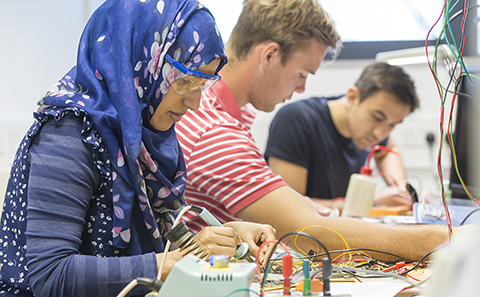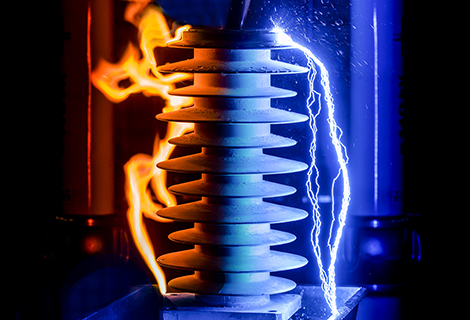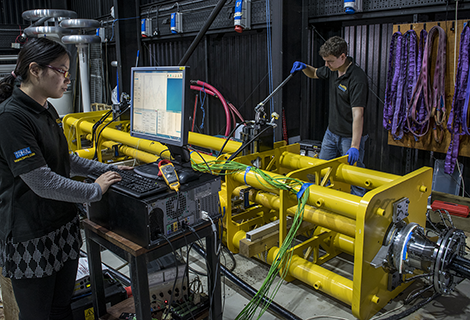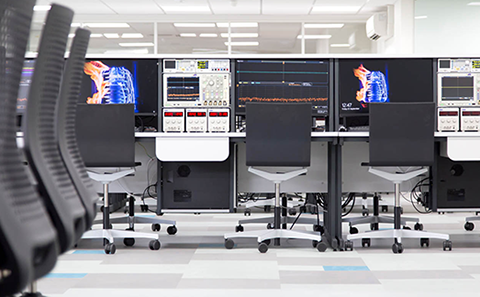
Try before you apply
If you love maths, technology or science, try our week-long summer school in electronics and computer science.
The ECS Electrical Engineering degree can be studied at both 3 year bachelors and 4 year undergraduate masters levels. Both are available with a Foundation Year.
Electrical engineering concerns anything that involves electrical power, from the novel superconducting systems to the principles of power generation and transmission, and the development of more efficient and sustainable energy sources. Electrical Engineering at Southampton emphasises the fundamentals of electrical theory while acknowledging the multidisciplinary nature of the field. Our programmes are broad and provide students with the skills to design and develop the technology of tomorrow. Energy is one of the biggest global challenges. Energy generation and supply, coupled with environmental factors, place future energy needs and provision at the top of government agendas in every country. Our students work on systems which interface electronics and computers with aircraft, electric cars and renewable energy sources. It ensures that our graduates are highly valued by the industry and always in great demand.
Our modules use a variety of innovative teaching methods and assessment, including coursework, groupwork and exams. Here are some examples of what you'll be able to do.

We have an outstanding electrical engineering teaching laboratory and computing facilities as well as a world-leading high-voltage laboratory.
Find out more about the High Voltage Lab
University of Southampton is a member of the IET Power Academy with opportunities for generous scholarships.
Find out more about Power Academy scholarships
If you love maths, technology or science, try our week-long summer school in electronics and computer science.

A*AA for MEng and AAA for BEng, including mathematics and physics

Electrical and electronic engineering students benefit from bespoke high tech benches with built in test equipment and dual high definition monitors.
As an undergraduate student I investigated partial discharges in high-voltage transformers at The Tony Davies High Voltage Laboratory. This exposed me to a real technological problem that was really challenging and involved a lot of independent studying. The experience led me to continue my studies on my current PhD research project.